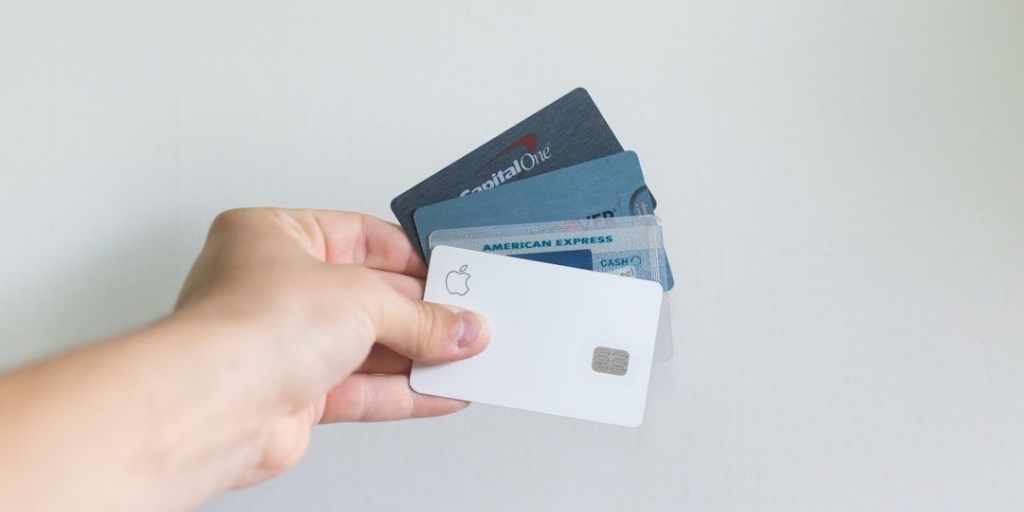Using your credit cards just before filing for bankruptcy can be risky and may raise concerns. Here’s what you need to consider:
- Potential for Fraud: If you make significant purchases or cash advances on your credit cards shortly before filing, the bankruptcy court or your creditors may view these transactions as fraudulent. This is especially true if it seems like you never intended to repay those debts. Certain actions can be considered fraudulent in bankruptcy cases, which could result in serious consequences like the denial of a discharge, fines, or even criminal charges.
- Look-Back Period: Courts and creditors can scrutinize credit card usage during a period (typically 90 days) before filing. They may challenge certain purchases or cash advances as abusive or made in bad faith.The Look-Back Period in bankruptcy refers to the time frame during which a bankruptcy court or trustee can review certain financial transactions made by the debtor prior to filing for bankruptcy. During this period, the court may “look back” at the debtor’s financial activities to determine if any transactions were improper or made with the intent to defraud creditors. If such transactions are identified, the court can reverse or void them to recover assets for the benefit of creditors.There are two primary types of transactions that may be scrutinized during the look-back period:
- Preferential Transfers: These are payments or transfers of assets made to certain creditors shortly before filing for bankruptcy, which unfairly favor one creditor over others. The look-back period for preferential transfers is generally 90 days prior to the bankruptcy filing for most creditors, but it extends to one year if the payment was made to an “insider,” such as a relative, business partner, or officer of the debtor’s company.
- Fraudulent Transfers: These involve transfers of property or assets made with the intent to hinder, delay, or defraud creditors. The look-back period for fraudulent transfers can be much longer—often two years under federal bankruptcy law, but some states allow even longer periods under their own fraudulent transfer laws, sometimes up to four or six years.
The purpose of the look-back period is to ensure fairness to all creditors by preventing the debtor from transferring or hiding assets just before filing for bankruptcy.
- Luxury Purchases: Credit card purchases for luxury items made within 90 days of filing may be presumed fraudulent and non-dischargeable. This means you could still be liable for those debts after the bankruptcy.In bankruptcy, luxury goods are considered items that are not reasonably necessary for the support or maintenance of the debtor or their dependents. Courts generally view these items as non-essential, especially when compared to basic needs such as food, clothing, housing, and medical care.
- Cash Advances: Cash advances above a certain amount within 70 days of filing may also be deemed non-dischargeable.Cash advances made within 70 days of filing for bankruptcy may be deemed non-dischargeable under U.S. bankruptcy law to prevent abuse of the system. This rule is meant to stop individuals from incurring large amounts of debt just before filing for bankruptcy with the intent of not paying it back.Specifically, 11 U.S.C. § 523(a)(2)(C) of the Bankruptcy Code establishes that certain types of consumer debt, including cash advances, may not be discharged if:
- The debt is incurred within 70 days before the filing of the bankruptcy petition.
- The amount of the debt exceeds $1,100 (as of recent adjustments) in aggregate.
- The debt was primarily for personal, family, or household purposes.
The reasoning is that cash advances made in this short window might reflect the debtor’s intent to defraud creditors by taking out significant sums knowing that they plan to file for bankruptcy. These cash advances are seen as a misuse of the credit system, so the bankruptcy court might rule that such debts cannot be discharged, meaning the debtor will still be responsible for repaying them even after bankruptcy proceedings.
The burden of proof, however, can sometimes shift. If the debtor can demonstrate that they did not intend to defraud creditors (for example, they intended to repay the advance but a sudden event forced them into bankruptcy), the court may allow the debt to be discharged.
- Advice from Attorney: It’s crucial to discuss your situation with a bankruptcy attorney before using your credit cards. They can guide you based on your circumstances and local laws.Alia Khan of Khan Law is a bankruptcy lawyer serving Pleasanton, Stockton, Elk Grove, Sacramento, Los Angeles (CA) and surrounding areas.We offer professional and personal service in a nonjudgmental environment and aim to help our clients understand their financial problems and exercise their rights under the U.S. Bankruptcy Code. An experienced bankruptcy attorney, Alia Khan can successfully wipe out unsecured debt in a Chapter 7 bankruptcy and help you repair your credit within a year of filing.
To avoid complications, it’s generally best to stop using your credit cards once you know you’ll be filing for bankruptcy.
